Piotr Sobociński Jr.
出生 : 1983-11-03, Łódź, Poland

Director of Photography
It's spring 1794, the atmosphere in Poland is tense. General Tadeusz "Kos" Kościuszko returns to the country and plans to incite an uprising against the Russians, mobilizing the Polish nobility and peasants. He is accompanied by his faithful friend and former slave, Domingo. The merciless Russian cavalry captain, Dunin, follows Kościuszko's trail with an arrest warrant, who wants to catch the general at all costs before he starts a national rebellion.
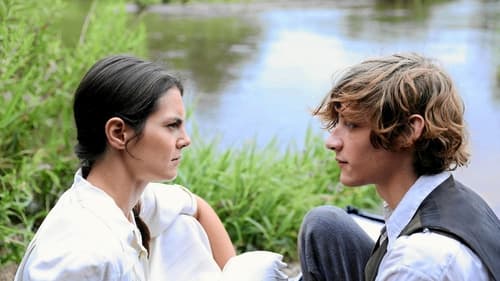
Director of Photography
The story of a WWII tragedy in a Polish village mixed with the story of a wedding taking place in the same place 80 years later. A bitter look at a xenophobic community that forgets its own history.
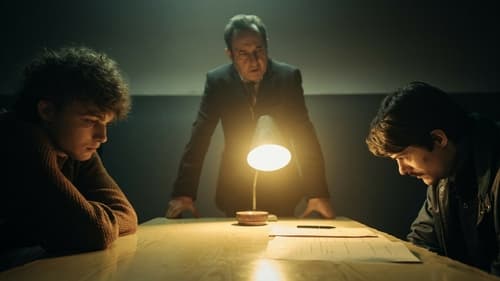
Director of Photography
Not satisfied with the result of a murder investigation in Warsaw's gay community, an officer in 1980s communist Poland resolves to uncover the truth.
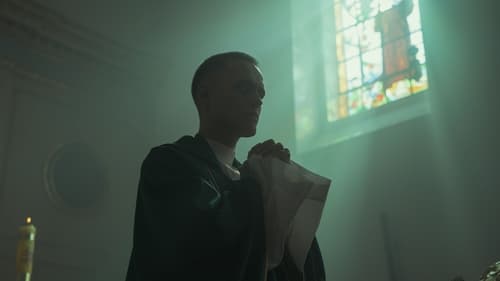
Director of Photography
少年院時代に熱心なキリスト教徒となった青年が、仮釈放中に立ち寄った教会で新任の司祭に勘違いされる。そのまま司祭として居座るが、思わぬ事態に……。ヤン・コマサ監督が実際に起こった事件を映画化した衝撃作。
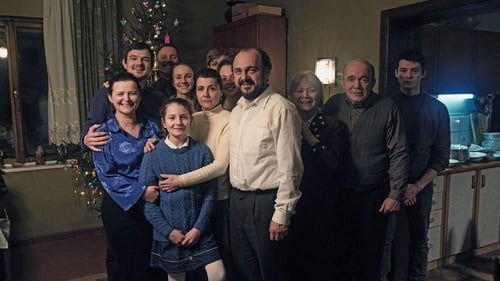
Director of Photography
Adam unexpectedly visits his family house at Christmas after a few years of working abroad. No family member knows about his secret plans and the real reasons of his visit.

Director of Photography
Based on true events. In 1980s Poland, Jerzy Górski is a young man who finds the determination to struggle against his drug addiction through athletic training, with the aim of competing in the US Ironman Triathlon.
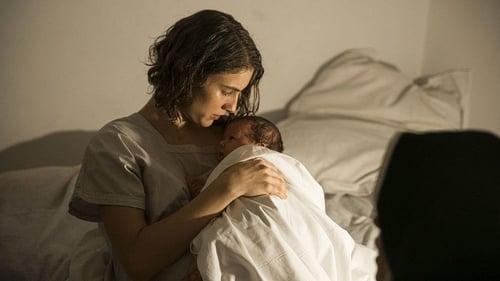
Cinematography
The Aurora Borealis is a story of family that is rich in twists and turns. It breaks the depths of the relationship between mother and daughter. A successful lawyer in Vienna, Olga is called back to Hungary when her old mother, Mary suddenly falls into a coma. While Mary is floating between life and death, Olga finds a deeply silent secret. The increasingly passionate research leads back to the post-war Europe of the '50s.
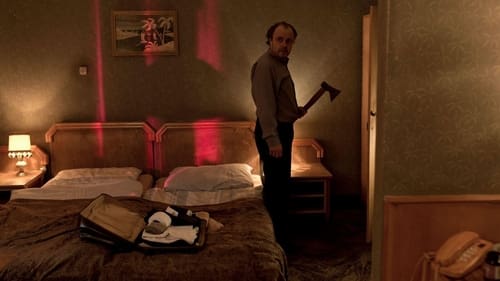
Director of Photography
Catholic priest stays in hotel after car accident. Boredom and hotel guests make him look for entertainment.
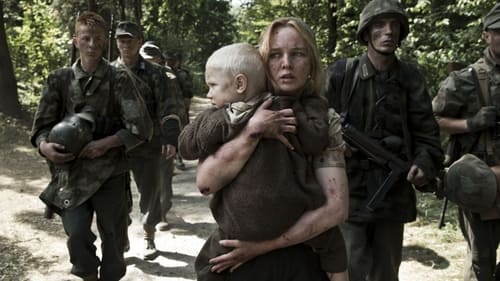
Director of Photography
Summer of 1939. Zosia is a young Polish girl who is deeply in love with Ukrainian Petro. Their great love will be put to the test when her father decides to marry her to a wealthy widower Skiba. Right after wedding she is left alone because her husband is drafted to the Polish army for the war with Germany. Meanwhile, tensions grow due to Jews, Poles, and Ukrainians living side by side.
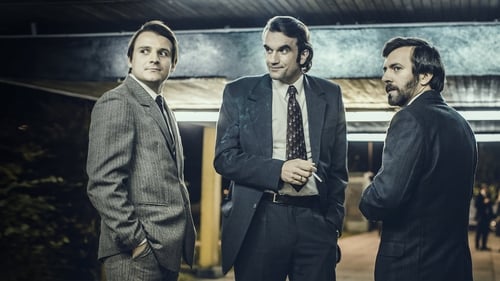
Cinematography
Set in communist Poland of the 80s the movie depicts early career of cardio surgeon Zbigniew Religa.

Director of Photography
Naomi, a fifteen year-old Dutch girl from South-Amsterdam, develops a crush on a beautiful Arabic girl of the same age living in the poor quarters of Amsterdam West. During one magical summer in Amsterdam, the two girls play an emotional chess game of love, seduction and attraction.

Director of Photography
The film is set in the Tricity in 2003, ten years after the end of communism in Poland. The plot, apparently based on the real-life experiences of Kraków businessmen Lech Jerzorny and Paweł Rey, is about three young, talented businessmen who open a high-tech factory. This comes to the attention of the local state ‘mafia’, the local Prosecutor, played by Janusz Gajos, and tax office boss, played by Kasimierz Kaczor, who are both jealous and would like to make money for themselves. We are in Poland, so success must be punished.
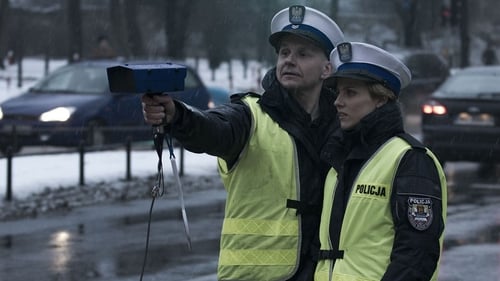
Director of Photography
Seven policemen, seven deadly sins, a murder case, secrets and the filth of everyday police work: Traffic Department transports the viewer into the darkest Warsaw streets.

Cinematography
Andreas is a journalist covering a story on Larissa, a patient with tuberculosis. At the hospital he meets a nurse called Yvonne. The encounter with the two women moves Andreas more than he wishes to admit. A short film about luck and its inevitable slipping away.
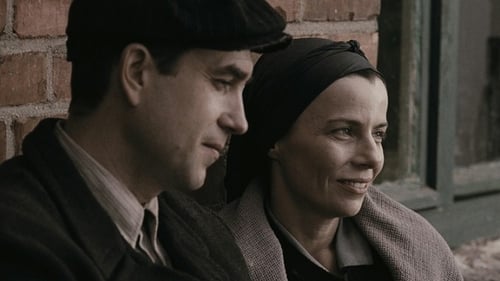
Director of Photography
This harrowing tale of survival centers on Rose, a Masurian woman, whose German soldier husband was killed in the war, leaving her alone on their farm. A single woman had no defense against Russian soldiers who raped as a form of revenge, nor against plundering Poles who found themselves in desperate straits. Help arrives for Rose in the form of Tadeusz, a former officer in the Polish Home Army who deserted after he saw his wife raped and murdered by Russian troops and is attempting to hide his identity.
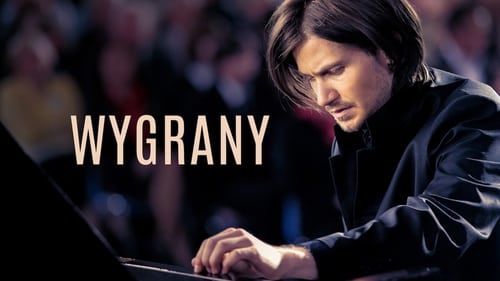
Director of Photography
Oliver (Pawel Szajda) is a talented young pianist of Polish American heritage. After breaking off his European tournée, he is forced to repay the tour organizers 250 thousand Euros. On his journey, he meets the very colorful character of (Janusz Gajos) a retired high school math teacher and a great enthusiast of the horse races. He dreams of returning to America as a somebody, but can only do so after wining a momentous prize. From then on the two friends endeavor to gain success. They discover true friendship. Together they fulfill Franks dream of winning at the horse races, which in turn allows Oliver to buy back his personal freedom. Having recovered from a dramatically ended marriage, the young man is able to open up to a new love.
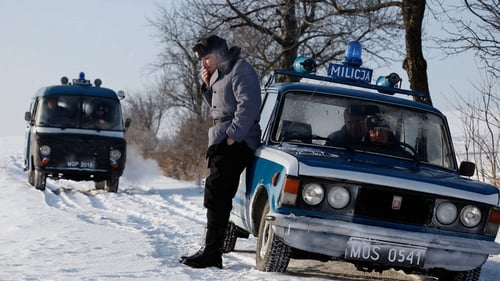
Camera Operator
Poland, 1978. Edward Srodon, a zootechnician, makes an accidental stop at the Dziabas family farm, located in the remote area of the Bieszczady Mountains. Years later, on a winter day during Martial Law, a People's Militia investigation team examines a crime scene.

Director of Photography
This short deals with the seventh commandment ("You shall not steal") in the new Decalogue. Young graffiti artists steal paints from a shop and, supervised by Tomasz, a 45-year-old graphic artist, start to paint graffiti on the wall. Tomasz is going to through a difficult period in his professional and personal life working under pressure from his employer who wants him to prepare a project that will satify the client. He has to compromise his own beliefs and taste and struggle to meet the deadline. The film was made as part of "Decalogue 89+" series.
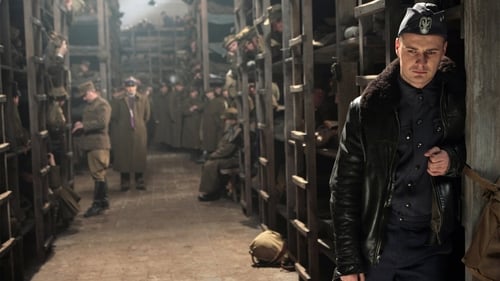
Camera Operator
第二次世界大戦中、ソ連の秘密警察によってポーランド軍将校が虐殺された「カティンの森事件」を、ポーランドの巨匠アンジェイ・ワイダ監督が映画化した問題作。長い間明らかにされてこなかった同事件の真相を、ソ連の捕虜となった将校たちと、彼らの帰還を待ちわびる家族たちの姿を通して描く。父親を事件で殺された過去を持つワイダ監督が歴史の闇に迫った本作は、第80回アカデミー賞外国語映画賞ノミネートをはじめ、世界各地の映画祭で高く評価された。

Director
Winter is a short, just three-minute etude, which opens the viewer to two symbolic orders. In one you can find a picture of the contact between old age and youth. An old man lives in a house in a far away place. Two boys play in the snow. The villa attracts them with its magnetizing mystery. The boys throw snowballs. One of them accidentally hits the window and then terrified little ones see an old man watching them. The child's fear of strangers and old people makes them run away. Only when the path among the trees is already empty, the old gentleman smiles kindly.
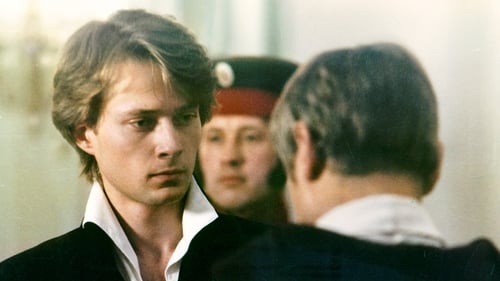
Cinematography
In the eve of the Day of the Dead, among mysterious old rituals of the Vilnius region, ghosts of the past and present start to appear.
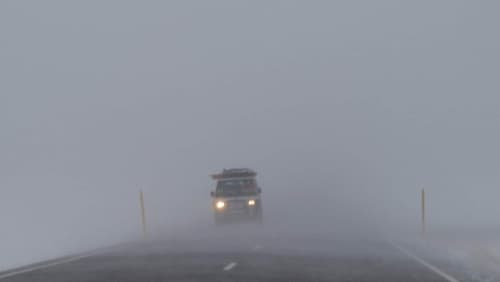
Director of Photography
A 12-year-old boy known as Rabbit grows up in a marginalised world. His violent father is working at the border patrol. Rabbit looks up to his friend and partner in crime who is a migrant trying to cross the border in search of a better life. When the boy disappears without a trace, Rabbit envies him, he feels abandoned. In winter Rabbit goes on a hunting trip with his family. In the wild isolated landscape, “their territory”, they feel at home. When a stranger looms up in the distance, fate strikes unexpectedly, tragedy erupts, shattering lives irrevocably. Delusions become a driving force in their lives, creating great inner tension and distress. Eventually Rabbit will be caught. Confused in an ultimate attempt to overcome the violent event the father decides to flee his familiar surroundings by crossing his own boundaries: he becomes a stranger himself.





















